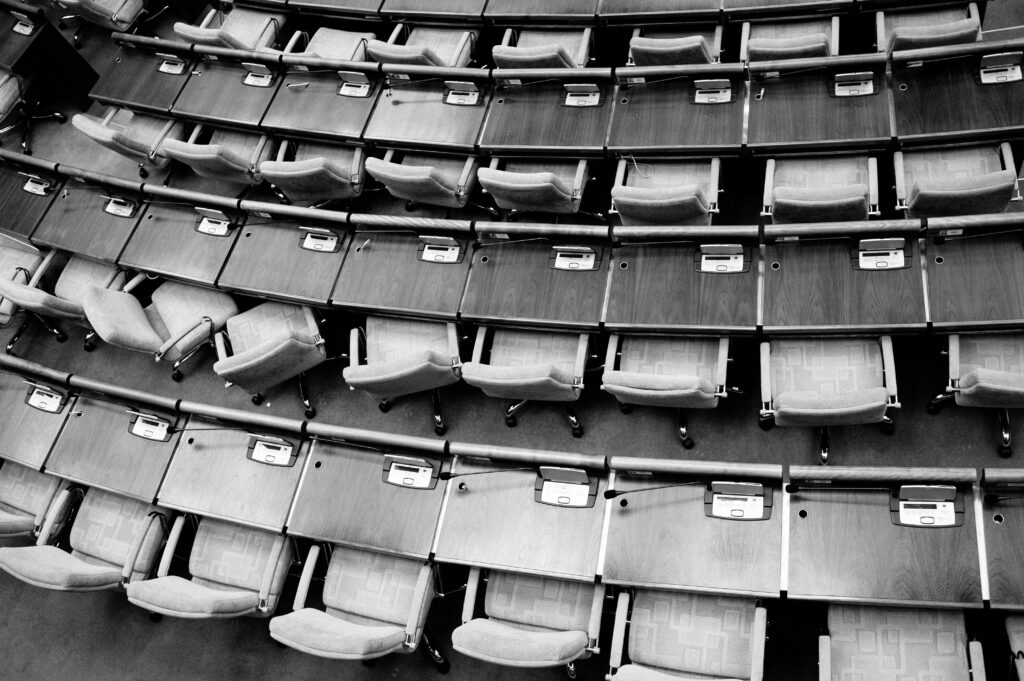Africa, with its tapestry of cultures, languages, and histories, has been a land of paradoxes when it comes to governance. At the onset of the 21st century, the continent stands at crossroads: between the promise of democratic governance and the shadows of autocratic rule.
In nations like Burkina Faso, Mali, and Guinea, the story is all too familiar. Swift military takeovers and the dissolution of democratically elected governments unravel years of painstaking democratic progress. Such abrupt shifts cast doubts on the continent’s trajectory and pose pertinent questions about the viability and adaptability of democracy in Africa.
Some leaders argue that Western-style democracy remains ill-fitted for the African context, emphasizing that the continent’s rich tapestry of traditions and customs offers its own brand of governance. While acknowledging the uniqueness of Africa’s sociopolitical landscape is crucial, it is misguided to view democracy as a Western construct unsuited to African soil.
Democracy is not bound by geography. Its essence lies in the universality of its core tenets—representation, transparency, accountability, and human rights. Africa is no stranger to these ideals. They align with indigenous governance systems that prioritize community, dialogue, and consensus.
Africans, from the bustling markets of Lagos to the serene hills of Kigali, are not mere passive observers. They actively seek a governance model that embodies their dreams, aspirations, and identities. Dismissing the continent’s democratic aspirations as mere mimicking of external systems denies Africa’s dynamic histories of resistance, dialogue, and community building.
Consider Rwanda, often lauded as a paragon of post-conflict reconstruction and development. Beneath this praise lies a more complex narrative of silenced dissent, a constrained media landscape, and contentious electoral processes. Rwandans have demonstrated incredible resilience, and their aspirations for a fuller democratic expression should not be overshadowed by development narratives. Like all Africans, they deserve not just the optics of democracy, but its soul—freedom of choice, expression, and true representation.
Historical stalwarts of African leadership, such as Kwame Nkrumah, Patrice Lumumba, and Jomo Kenyatta, championed systems that synthesized African values with democratic tenets. Their vision was clear: Africa could carve out its own democratic path, resonating with its past, present, and future.
It’s a vision still shared by many across the continent. Grassroots movements, youth-led initiatives, and civil society organizations reiterate the same message: Africa’s democracy should be shaped by Africans, for Africans. The continent doesn’t require a carbon-copy of an external model. It yearns for a genuine, African-inflected democracy—one that treasures its diversity, faces its challenges, and amplifies its peoples’ voices.
These recent political upheavals are not mere footnotes in history. They are stark reminders, urging genuine democratic introspection. Africa’s message is potent and clear: democracy is not an external whim; it’s a legacy, a promise, and above all, a demand. We are ready. We deserve better.
Photo by Elimende Inagella on Unsplash





